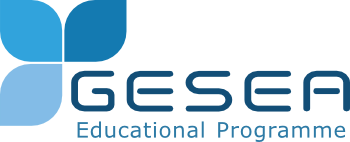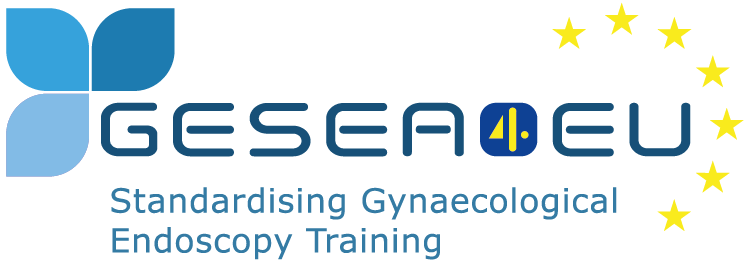Project Updates
November - January 2024
These past 3 months have been really busy as the GESEA4EU courses have started to be delivered in earnest and the work of the initial nine months of the project begins to bear fruit. During November, the project partners met in person in Leuven, Belgum for the second partner meeting....
Read MoreAugust - October 2023
In overall terms, these three months have provided an opportunity to put several operational structures into practice, with regular meetings of the project steering committee, another online meeting in September for all partners and planning for the second partner meeting scheduled to take place in early November. During August, the...
Read MoreMay - July 2023
Since the beginning of May, the main focus of the project has been on planning for the busy autumn period when much of the GESEA4EU training will really get off the ground starting with the Train the Trainer activities. The Project Management team based in ESGE has had plenty to...
Read MoreFebruary - April 2023
GESEA4EU got off to a great start with a well attended kick-off meeting hosted by ESGE in Leuven, Belgium at the beginning of February. During this meeting partners had an opportunity to familiarise themselves with the structure of the project and how the various planned activities will take place. Even...
Read MoreConnect with us across


